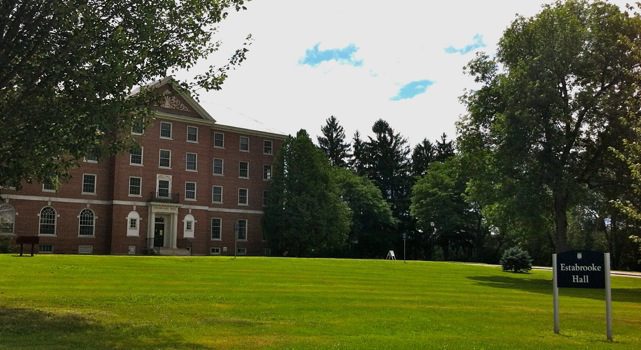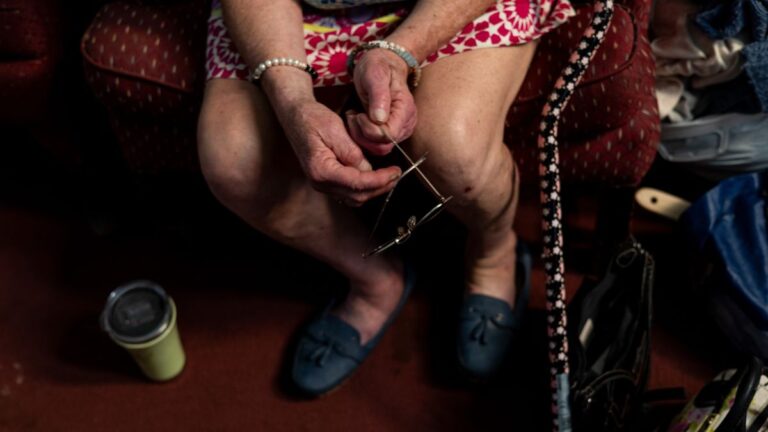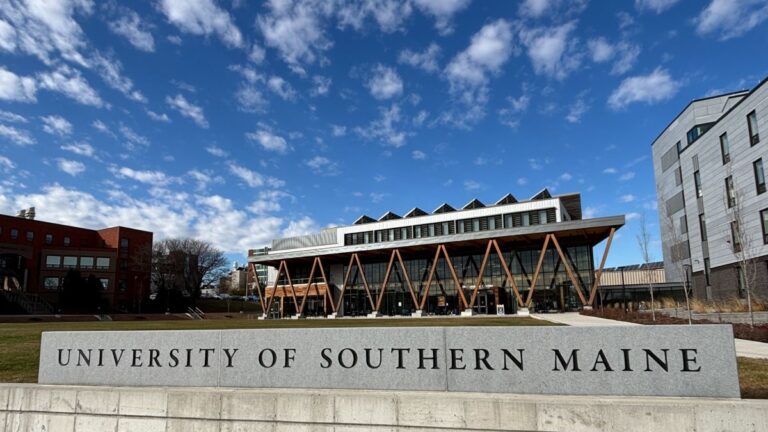BANGOR — The University of Maine system trustees on Monday approved policy changes designed to give the chancellor greater authority over appointments, promotions and pay raises.
The changes come after press reports about the use of loopholes in the hiring process to give top level jobs to former Baldacci administration officials and about nearly $1 million in discretionary pay raises to system employees.
Most of those appointments and pay raises were approved by presidents and top executives at some of the System’s seven campuses.
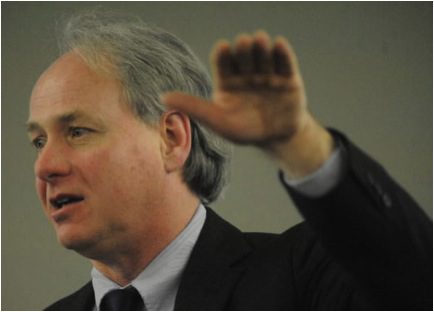
The rules adopted Monday, the result of a study of personnel policies ordered by the new chancellor, James Page, effectively takes final authority over hiring and raises of the System’s top managers away from the presidents and puts it in Page’s hands. All of the controversial pay raises and hiring came under Page’s predecessors.
Page said that no management-level “position will be opened or filled without the authority of the chancellor. So if a particular campus wants a new dean, the case for that has to come to me. And then assuming that’s approved, that goes into the normal search process. The terms and conditions of the final sign off also have to come back to me.”
The Page-instituted review of salaries, conducted by the System’s human resources department, concluded, “because of the … level of salaries, among the highest in the university system, it is appropriate to have close scrutiny for positions, appointments, salary increases and payments in addition to the base salary.”
Michelle Hood, the chairwoman of the board of trustees, said, “I think that we certainly have taken seriously the public’s comments in the past around these issues and we know that it is a huge part of our overall budget.”
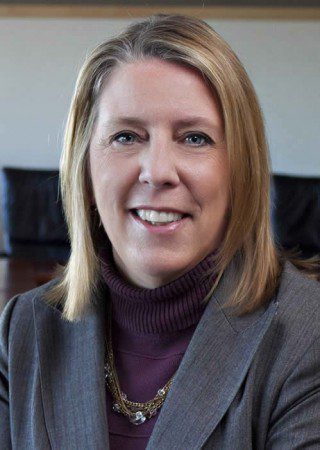
Trustee Joe Wishcamper, the former chairman of the board, said, “What we’re really looking for here is to minimize the risk that someone will make a bad judgment or abuse their discretion. And I know for a fact that this chancellor is a real watchdog of the public purse.”
In May, Wishcamper had acknowledged that “shortcuts” may have been taken in the System’s hiring of former Baldacci administration officials.
Page said this new approach could potentially allow the System to avoid hiring for one campus when, instead, the role could be filled by someone already in the System.
The controversy began with a Portland Press Herald story in March that reported that the University of Southern Maine had “spent nearly $1 million on raises based on position reviews over the past four years, according to university records.”
The System’s personnel practices came under the spotlight again on May 3 when the Maine Center for Public Interest Reporting revealed that hiring records showed “loopholes, waivers and personal and political connections played a significant role in the appointment of seven state officials into some of the highest paying non-teaching jobs in the system. Six of the seven worked for the same state agency during the administration of former Gov. John Baldacci and the seventh was a member of the System Board of Trustees during that period.”
The salary expose prompted Chancellor Page to suspend all discretionary salary increases for the whole university system and put the spotlight on USM President Selma Botman, who approved the raises. She was already under pressure from USM faculty, who were dissatisfied with her reorganization plan for the university and her leadership style.
While Page’s review accepted the pay raises as legitimate, Botman later rescinded raises for two employees who reported directly to her.
At Monday’s meeting, the trustees approved Page’s plan to accept Botman’s request to be reassigned from president of USM to a new role as special assistant to the president on global education, at her same $203,000 salary. The trustees also approved allowing her to keep the title “president” because it will be help her status when she travels to China and elsewhere in her new role recruiting foreign students, according to Tracy Bigney, the head of human resources for the System.
“So she can operate effectively overseas, it helps to have a title,” said Bigney.
The trustees also approved Page’s plan to make Theo Kalikow, the just-retired president of the Farmington campus, the new president at USM. It is a two-year appointment made without the customary job search.
Bigney explained that System policies allow for the suspension of a job search because of the sudden vacancy created by Botman’s reassignment but “with the understanding there can be a search” for a new USM president two years from now.


